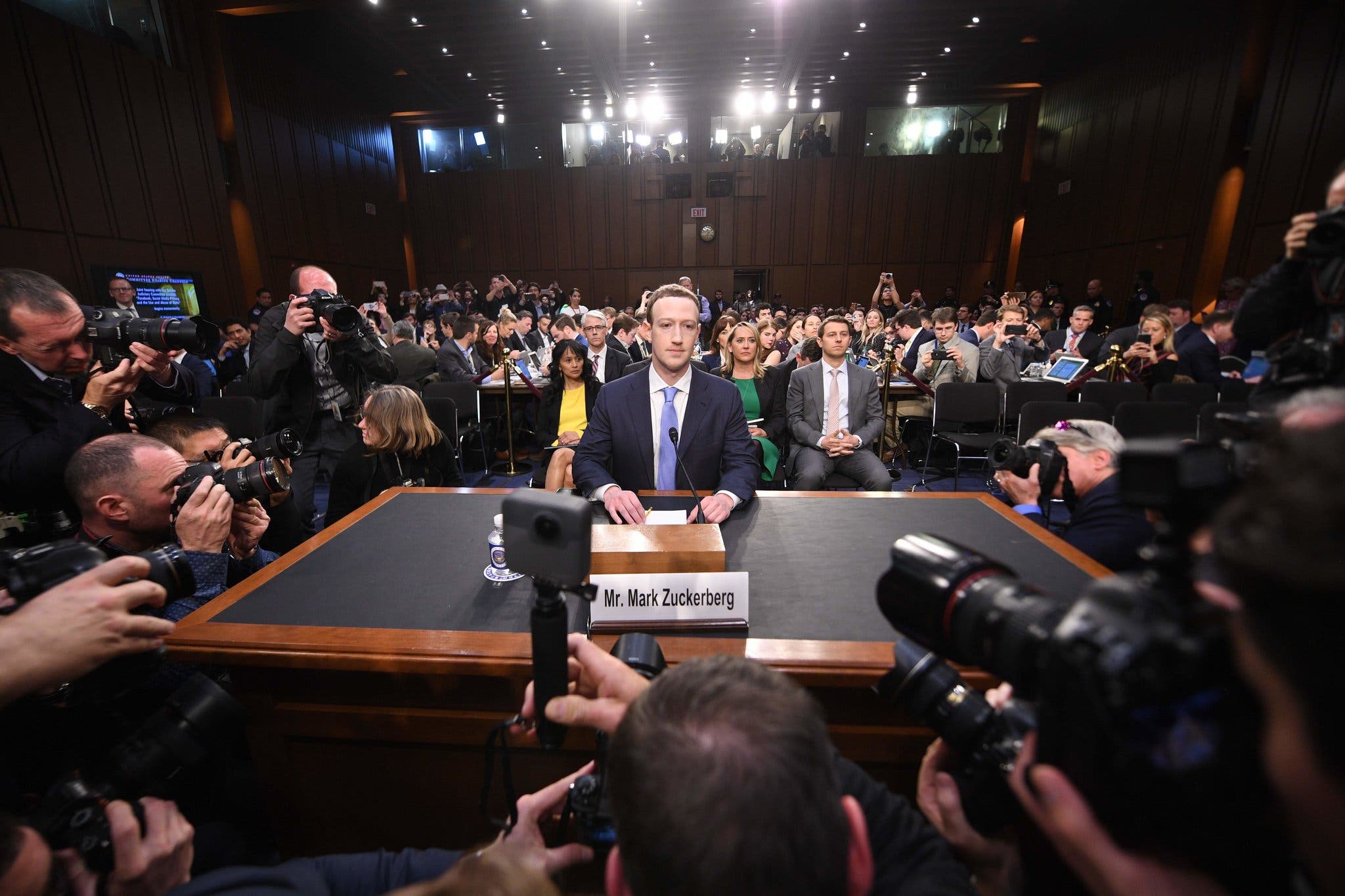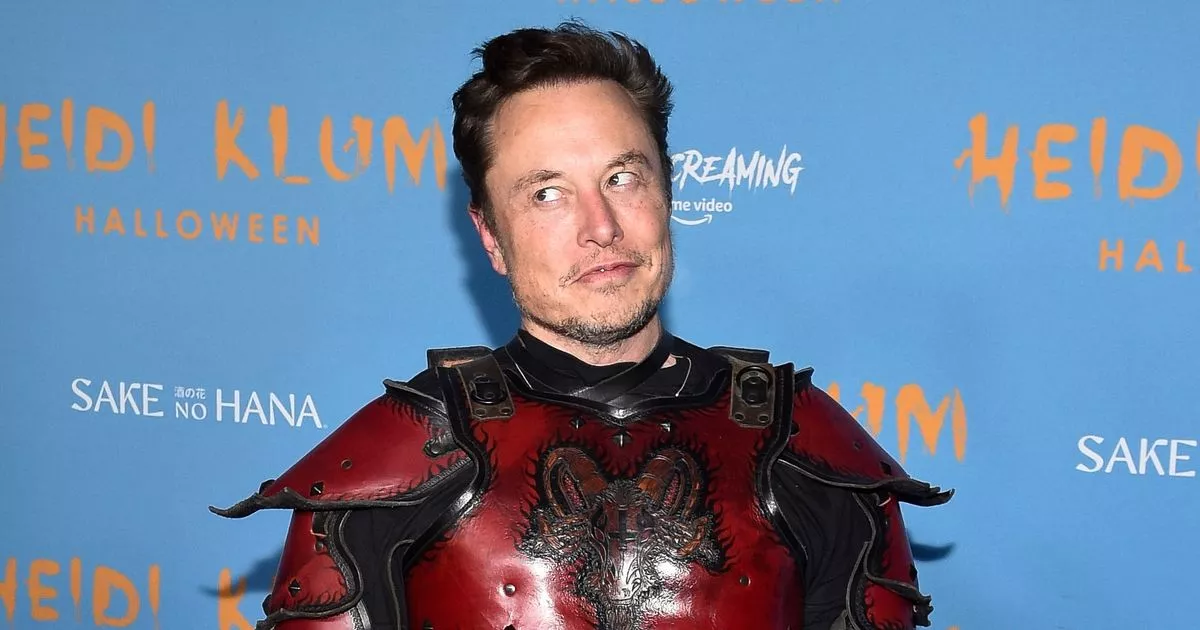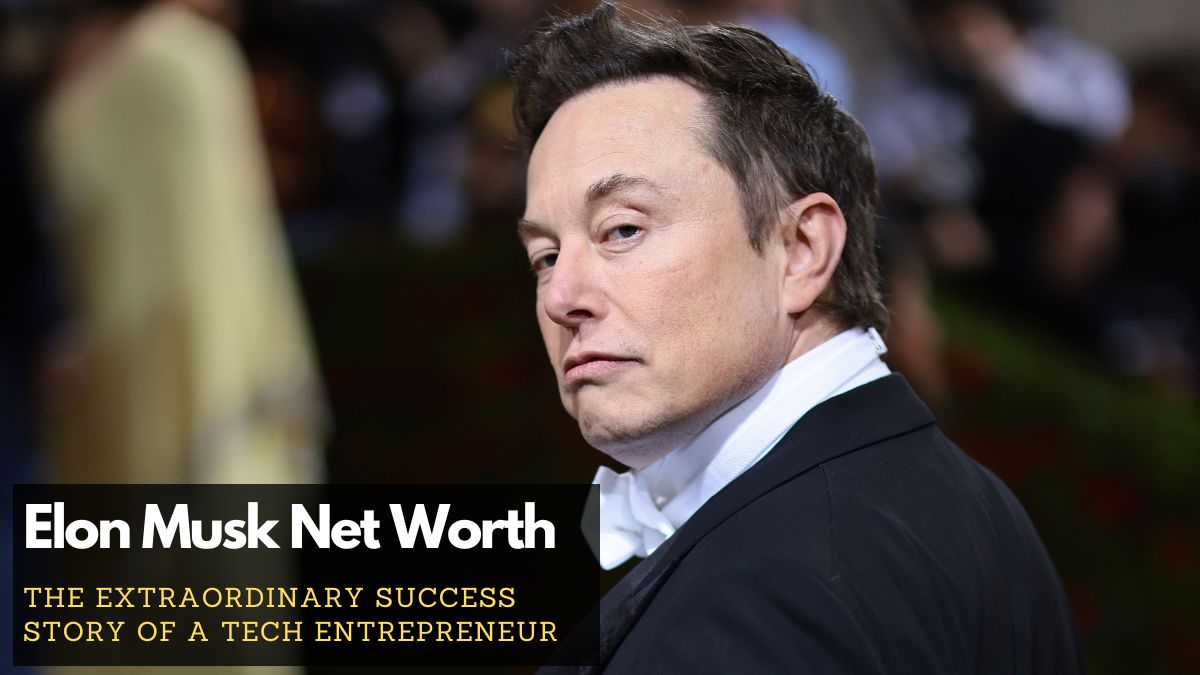Mark Zuckerberg's Challenges In A Post-Trump Political Landscape

Table of Contents
The Heightened Scrutiny of Misinformation and Disinformation
The post-Trump era has seen a dramatic intensification of the focus on combating misinformation and foreign interference in elections. The spread of false narratives and propaganda on social media platforms during the 2016 and 2020 US presidential elections exposed significant vulnerabilities, leading to heightened global pressure on companies like Meta to take more decisive action. Meta's ongoing struggles with content moderation are a testament to this challenge. The sheer volume of content uploaded daily makes comprehensive monitoring nearly impossible, leading to a constant battle against the spread of harmful narratives.
- Increased pressure from governments worldwide to regulate content: The EU's Digital Services Act (DSA) and similar legislation in other countries demonstrate a global trend towards stricter regulation of online content, placing immense pressure on Meta to comply with varying legal frameworks.
- Balancing free speech with the need to prevent harmful content spread: This is perhaps the most significant dilemma facing Meta. Striking a balance between protecting free speech and preventing the spread of misinformation, hate speech, and violent extremism is a complex ethical and legal tightrope walk.
- The ongoing debate surrounding algorithms and their role in amplifying misinformation: Meta's algorithms, designed to maximize user engagement, have been criticized for inadvertently amplifying misleading or harmful content. Understanding and mitigating this algorithmic bias is a critical challenge.
- Examples of specific incidents and their impact on Meta's reputation: High-profile incidents, such as the spread of conspiracy theories and the January 6th Capitol riot, have significantly damaged Meta's reputation and fueled calls for stricter regulation.
Navigating the Complex Web of Data Privacy Regulations
The landscape of data privacy regulations is rapidly evolving, creating significant challenges for Meta. The General Data Protection Regulation (GDPR) in Europe, the California Consumer Privacy Act (CCPA) in the US, and similar laws worldwide demand greater transparency and user control over personal data. Complying with these varying regulations across numerous jurisdictions is a complex and costly undertaking, requiring significant investment in infrastructure and legal expertise.
- The growing public concern over data privacy and its effect on user trust: Data breaches and privacy violations continue to erode public trust in big tech companies, impacting user engagement and loyalty.
- Meta's ongoing efforts to improve data security and user control: Meta has invested heavily in improving data security measures and providing users with greater control over their data, but these efforts are constantly challenged by evolving threats and regulations.
- Potential legal challenges and financial implications of data breaches: Data breaches can result in substantial fines, legal battles, and reputational damage, significantly impacting Meta's bottom line.
- The long-term impact of evolving data privacy regulations on Meta's business model: The increasing stringency of data privacy laws poses a fundamental challenge to Meta's advertising-driven business model, forcing the company to adapt its strategies and potentially seek new revenue streams.
The Political Polarization and its Impact on Meta's Platform
Social media platforms, including Meta's, have been accused of exacerbating political polarization. Algorithmic personalization, while designed to enhance user experience, can inadvertently create echo chambers and filter bubbles, limiting exposure to diverse perspectives and reinforcing existing biases. This contributes to a more fragmented and divided society, posing a significant challenge for Meta.
- The challenges of fostering constructive dialogue amidst political division: Encouraging productive conversations and bridging divides on highly polarized issues is a complex task, requiring innovative approaches to content moderation and community management.
- Strategies employed by Meta to mitigate the spread of divisive content: Meta has implemented various strategies to combat the spread of divisive content, including fact-checking initiatives, community standards enforcement, and algorithmic adjustments, but their effectiveness remains a subject of debate.
- The debate surrounding censorship and the potential for bias in content moderation: The line between content moderation and censorship is often blurred, raising concerns about potential bias and the suppression of legitimate viewpoints.
- The impact of political polarization on user engagement and advertising revenue: Increased political polarization can lead to decreased user engagement and potentially impact advertising revenue, as brands may be hesitant to associate with platforms perceived as contributing to societal division.
Maintaining User Trust and Addressing Growing Public Backlash
The erosion of public trust in big tech companies is a significant threat to Meta's long-term success. Years of controversies surrounding data privacy, misinformation, and political influence have damaged Meta's reputation, requiring a concerted effort to rebuild user trust.
- The importance of transparency and accountability in addressing user concerns: Open communication and demonstrable accountability are crucial to rebuilding public trust. Meta must be transparent about its policies, procedures, and efforts to address user concerns.
- The role of public relations and community engagement in repairing damaged trust: Proactive public relations strategies and meaningful community engagement are essential to repairing damaged trust and fostering positive relationships with users and stakeholders.
- The long-term consequences of negative public perception for Meta's future: Sustained negative public perception can significantly hinder Meta's growth and long-term viability, impacting its ability to attract and retain users, investors, and talent.
- Meta's efforts to engage with policymakers and regulators: Constructive engagement with policymakers and regulators is critical to shaping the future regulatory landscape and ensuring that Meta’s operations align with evolving societal expectations.
The Future of Meta in the Post-Trump Political Landscape
Mark Zuckerberg's challenges in the post-Trump era are multifaceted and deeply intertwined. Addressing misinformation, navigating complex data privacy regulations, mitigating political polarization, and regaining public trust are paramount to Meta's continued success. Proactive strategies are needed to effectively navigate this evolving political and regulatory environment. The future of Meta hinges on its ability to demonstrate a genuine commitment to transparency, accountability, and responsible platform governance.
We encourage you to share your thoughts on Mark Zuckerberg's challenges in the post-Trump political landscape. The ongoing evolution of social media regulation and data privacy laws will continue to shape the future of Meta and other tech giants. Continue following the conversation and exploring resources on social media regulation and data privacy for a deeper understanding of this critical issue.

Featured Posts
-
 Execs Office365 Accounts Targeted Millions Stolen In Cybercrime Ring
Apr 24, 2025
Execs Office365 Accounts Targeted Millions Stolen In Cybercrime Ring
Apr 24, 2025 -
 John Travoltas Heartfelt Tribute Photo Marks Late Son Jetts Birthday
Apr 24, 2025
John Travoltas Heartfelt Tribute Photo Marks Late Son Jetts Birthday
Apr 24, 2025 -
 The Countrys Booming Business Regions Investment Opportunities Revealed
Apr 24, 2025
The Countrys Booming Business Regions Investment Opportunities Revealed
Apr 24, 2025 -
 California Gas Prices Governor Newsom Seeks Oil Industry Partnership
Apr 24, 2025
California Gas Prices Governor Newsom Seeks Oil Industry Partnership
Apr 24, 2025 -
 Eu Targets Russian Gas Spot Market Phaseout Plans
Apr 24, 2025
Eu Targets Russian Gas Spot Market Phaseout Plans
Apr 24, 2025
Latest Posts
-
 How Many Billions Did Musk Bezos And Zuckerberg Lose Since Trumps Inauguration
May 10, 2025
How Many Billions Did Musk Bezos And Zuckerberg Lose Since Trumps Inauguration
May 10, 2025 -
 2025 Hurun Report Elon Musk Still Richest Despite Massive Net Worth Decline
May 10, 2025
2025 Hurun Report Elon Musk Still Richest Despite Massive Net Worth Decline
May 10, 2025 -
 Hurun Global Rich List 2025 Elon Musks 100 Billion Loss And Continued Reign
May 10, 2025
Hurun Global Rich List 2025 Elon Musks 100 Billion Loss And Continued Reign
May 10, 2025 -
 Fluctuations In Elon Musks Net Worth A Us Economic Perspective
May 10, 2025
Fluctuations In Elon Musks Net Worth A Us Economic Perspective
May 10, 2025 -
 Hurun Global Rich List 2025 Elon Musks Net Worth Drops By Over 100 Billion But Remains Top Spot
May 10, 2025
Hurun Global Rich List 2025 Elon Musks Net Worth Drops By Over 100 Billion But Remains Top Spot
May 10, 2025
